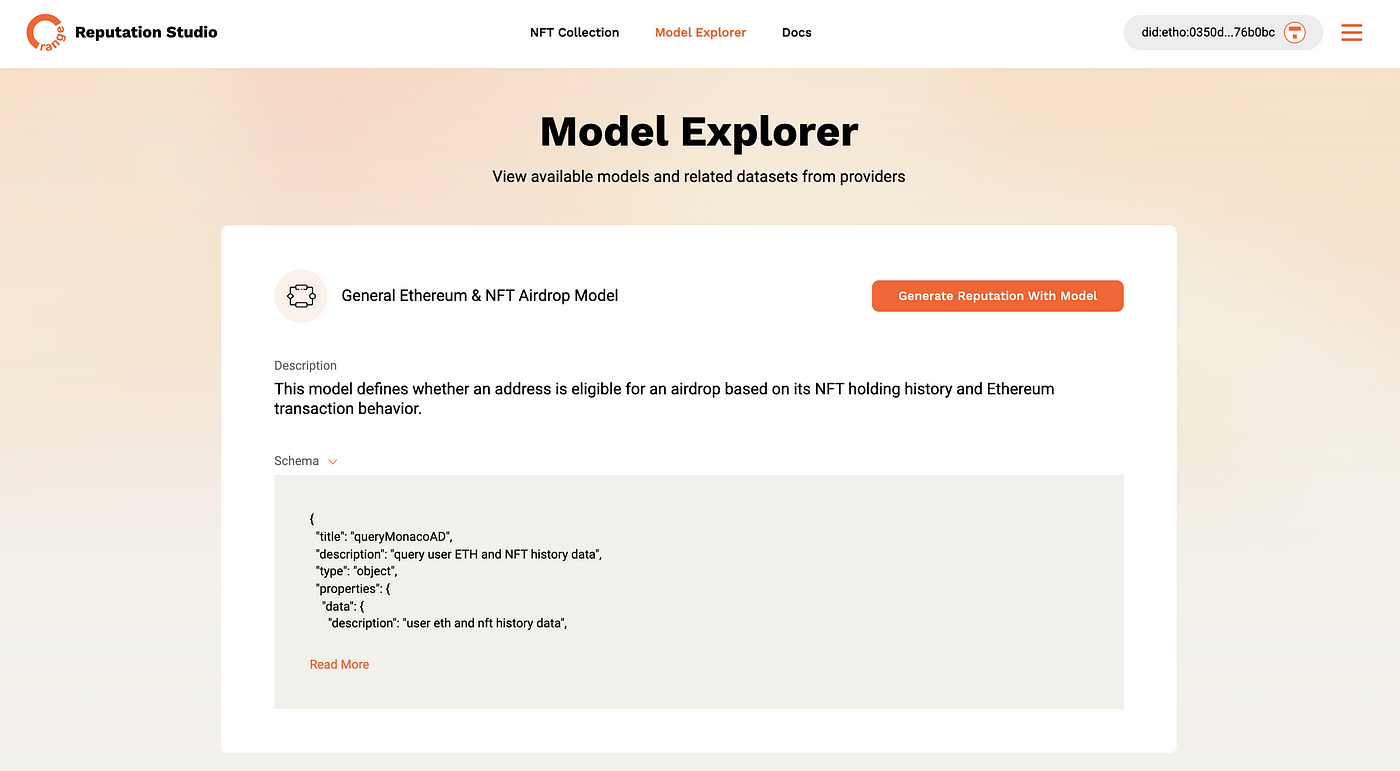The term “Fairdrop” gets used more frequently today, as projects and communities experiment with ways to reward and incentivize contributors in a dynamic and equitable fashion. And while there’s still a long way to go in terms of rewarding the best users with the most tokens, recent airdrops like Ethereum Name Service (ENS), OpenDao (SOS) and LooksRare (LOOKS) show that we are, in fact, making significant progress.
ENS, for example, awarded tokens based on their own unique calculation, based on factors like how long an address has held domains and the number of days until expiry. OpenDao and LooksRare used on-chain transaction data from Open Sea to determine how many tokens airdrop recipients were eligible for.
These are tangible steps in the right direction, but there are a lot more developments happening in the areas of identity, reputation, and activity tracking that are promising to make future airdrops fairer than ever.
Not to mention encouraging active governance, as ENS showed how airdrops can incentivize user participation from the inception of a community.
Here’s where we see the next evolution of participation and reputation-based airdrops headed as well as innovative projects that are already exploring new ways of using airdrops to develop more vibrant and participatory Web3 communities.
Weighted Airdrops Encourage Participation
Since Uniswap’s massive airdrop in 2020 — in which users were awarded tokens for simply utilizing the protocol — DAOs are becoming more thoughtful in how airdrops can be used to incentivize healthy engagement most beneficial to the long-term prospects of the organization. Now, an increasing number of projects are seeking to follow the examples of ENS, SOS, and LOOKS, measuring contributions and usage to determine eligibility and the number of rewards.
The ENS community, for instance, was well aware of the airdrop model led to significantly more active governance since the project’s inception. The airdrop played a huge role in ensuring that token holders were incentivized to participate in building the community and voting on various initiatives. It’s a model and standard that projects in a variety of different spaces have taken note of and are actively seeking to employ in the near future.
And while Open Sea NFT collectors may not have been aware of the SOS and LOOKS airdrops, users now have proof that being active participants in the market can yield surprisingly substantial rewards. These airdrops help set the precedent moving forward that it’s far better to be an active contributor than a passive user or consumer.
Expanding Use Cases for Weighted Airdrops
These recent airdrops are just the beginning when it comes to how token allocations can and will be used to reward positive contributions and encourage active participation. We expect this same framework to be exported and utilized by NFT communities, Decentralized Finance (DeFi), and potentially any other Web3 community that constitutes a DAO. Particularly NFT communities will benefit from weighted airdrops to help make their spaces more sybil-resistant and weed out flippers uninterested in building.
But in order to fulfill this vision completely, DAOs and projects will need to incorporate reputational measures and metrics into their airdrop calculations. While ENS showed how this might look in the real world, it’s only scratching the surface of how reputation can and should be used in future airdrops. The use of reputation-based data encourages the right kind of healthy community engagement from the beginning, rather than one-off airdrop hunters simply looking for a handful of free tokens.
Portable Reputation is Key to Dynamic Airdrops
Using emerging portable reputation solutions like Orange, projects can now piggyback and build upon what ENS, SOS and LOOKS have done, creating custom algorithms and reputational scoring models to reflect exactly what’s most fair and efficient for airdrops. They can then use Orange to delegate governance and voting rights on the basis of reputation. And on an even deeper level, projects can evaluate individuals based on their portable reputation, things like DAO participation or NFT holding history in other chains or communities.
For instance, NFT projects and communities can set up custom filters and algorithms for airdrops, pre-sales, and whitelisting. Individuals who have been highly active in other NFT DAOs and projects or have a long history of NFT holdings can be prioritized, and using Orange also makes the process more sybil-resistant against bots, farms, or multiple wallets from the same user.

Orange allows airdrops to be configured based on multiple criteria, such as length of NFT holding.
The increase in reputation-weighted airdrops will have an enormously positive impact on DAOs, projects, and NFT communities. Users will be encouraged to align their behavior with what’s best for the whole, focusing on adoption, usage, and quality interactions. And as portable reputation reports, scores, and NFTs using Orange become more widely adopted, projects can more precisely determine the parameters of airdrop eligibility.
Learn how Orange can help make your airdrops fairer and secure using portable reputation:
Follow us on Twitter: https://twitter.com/OrangeProtocol
Join the Discord: http://discord.com/invite/gFV7SB9